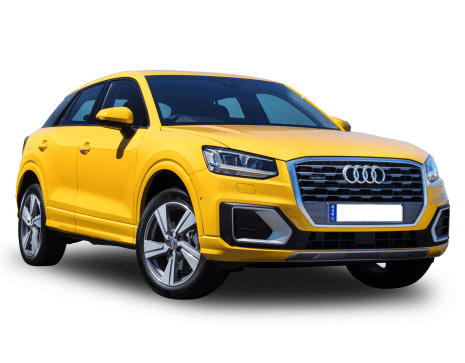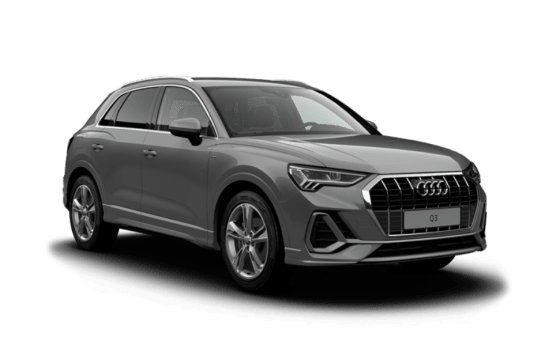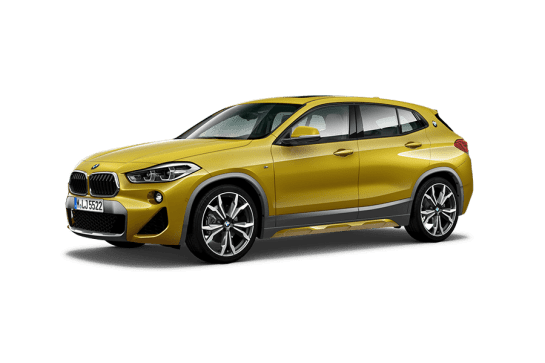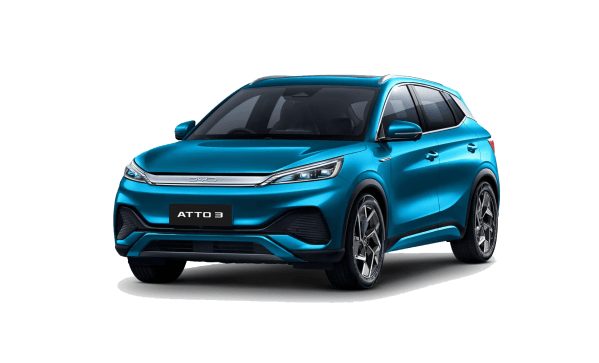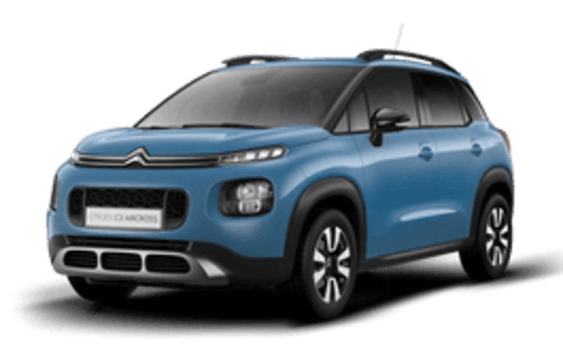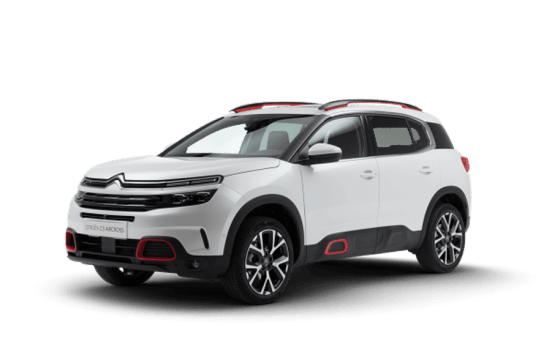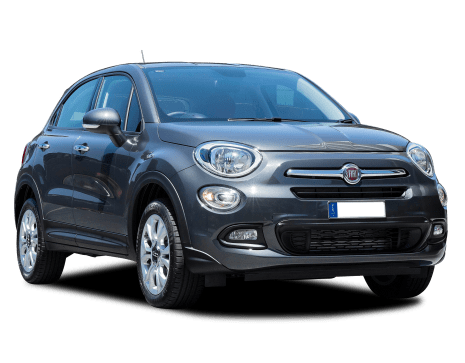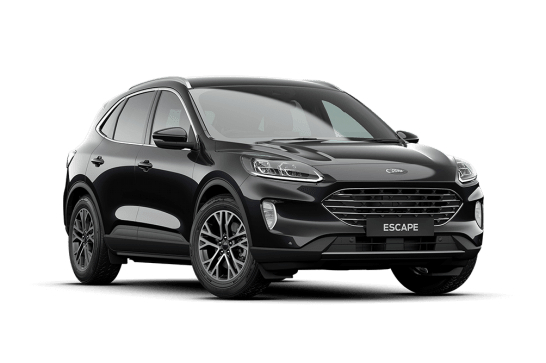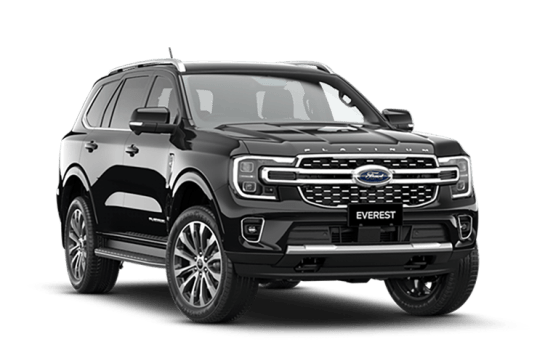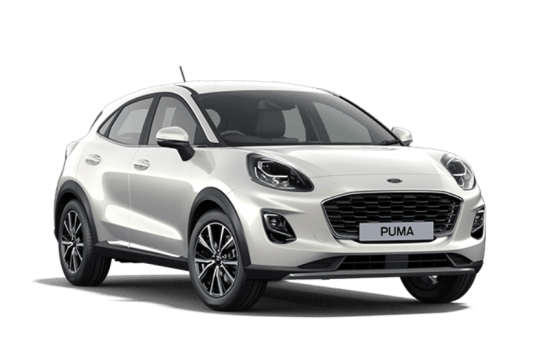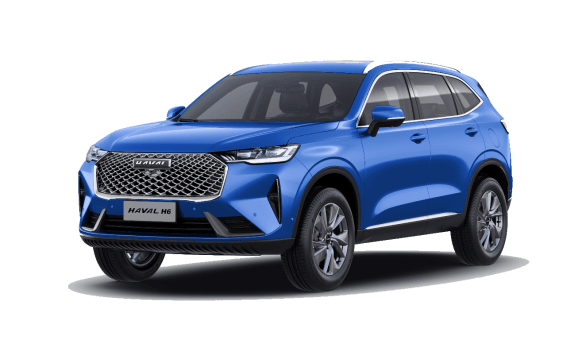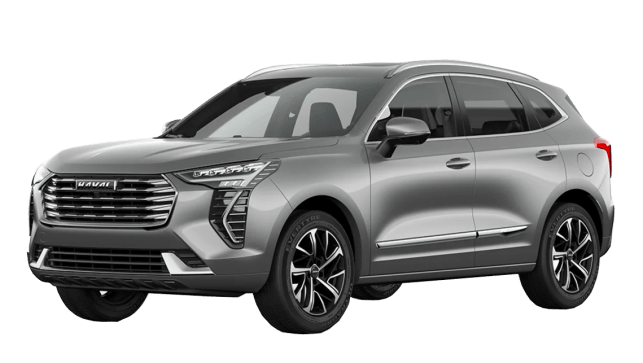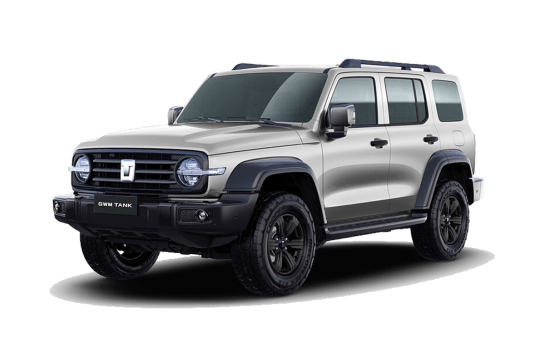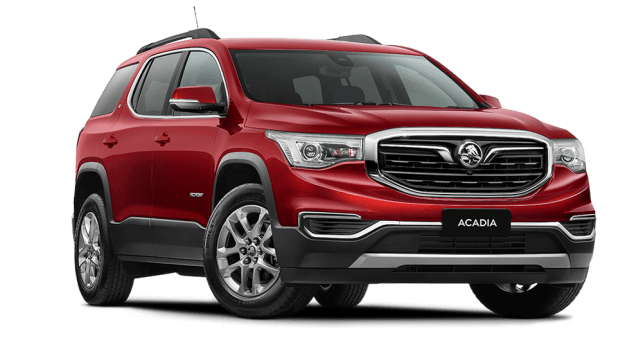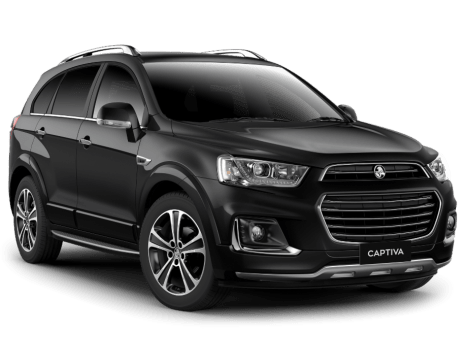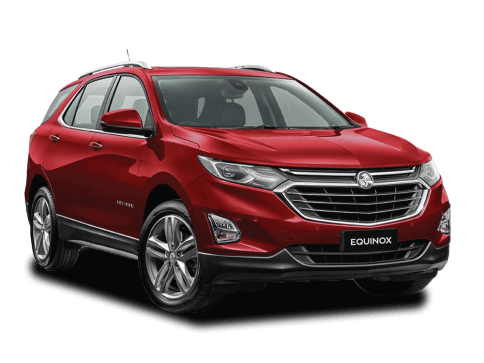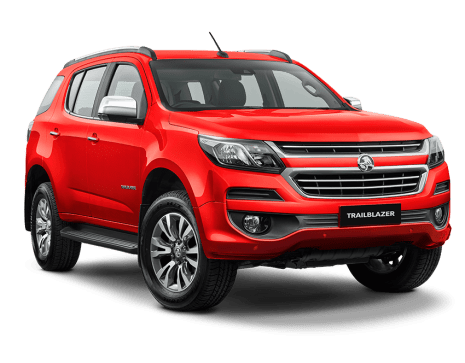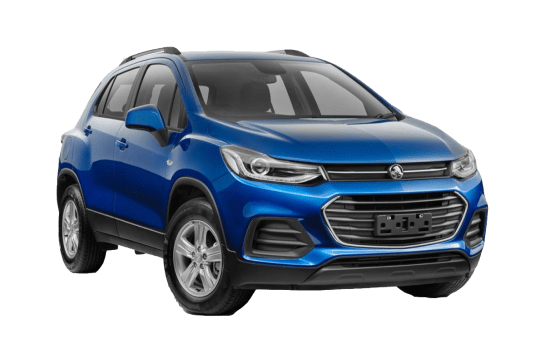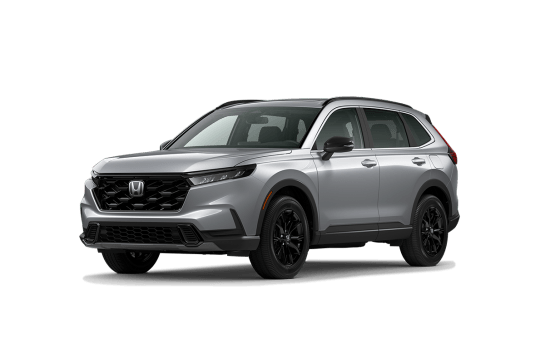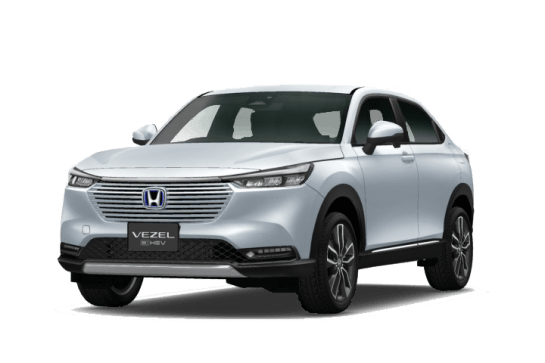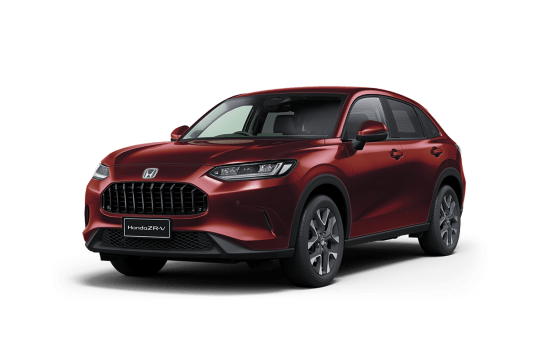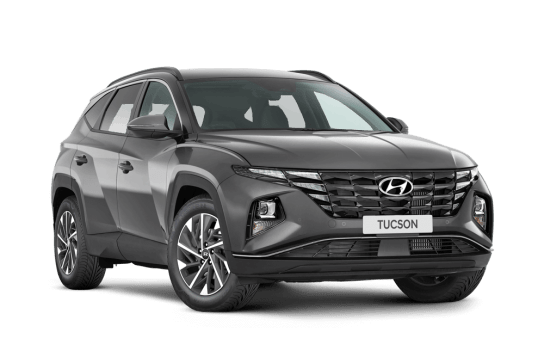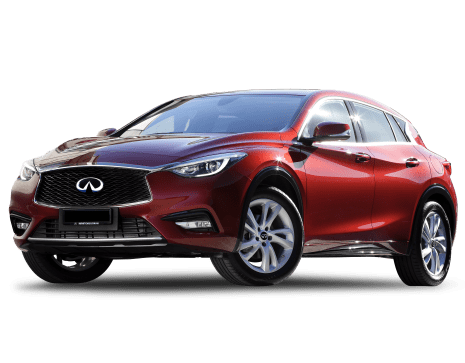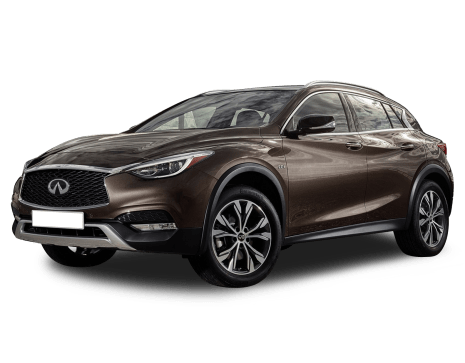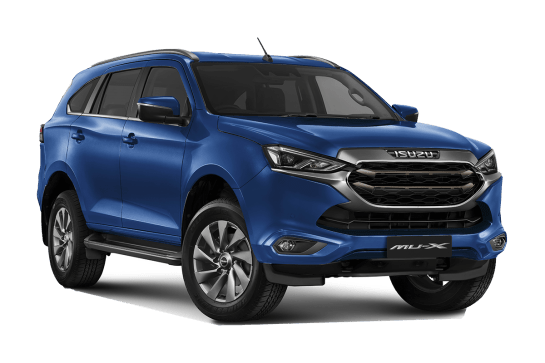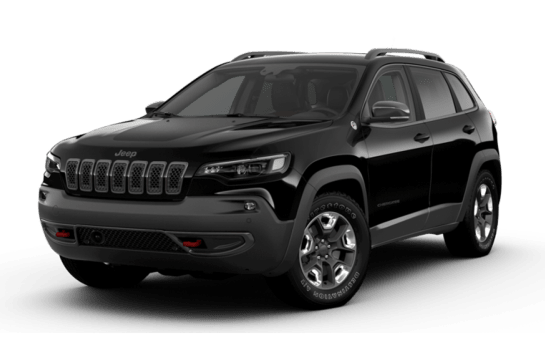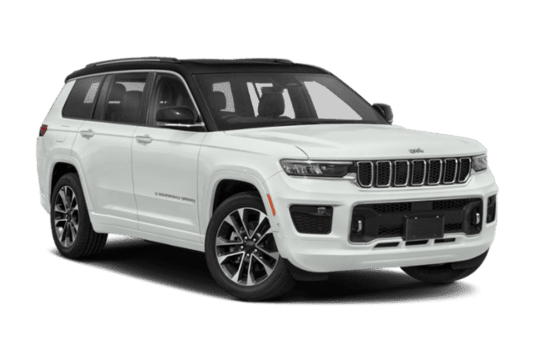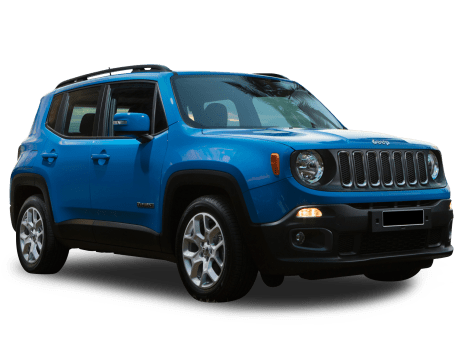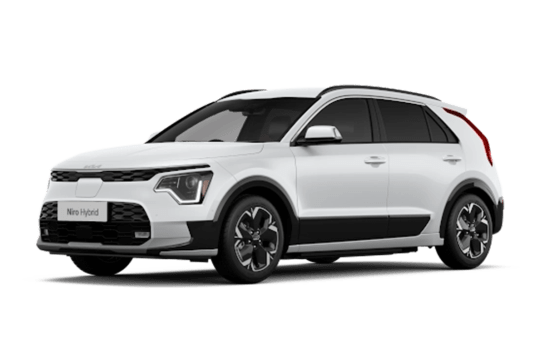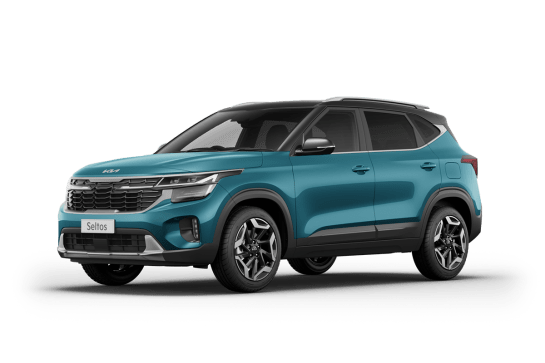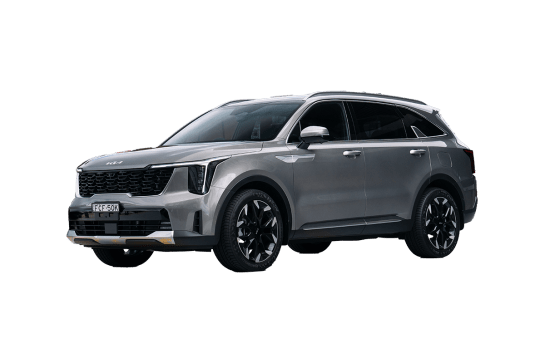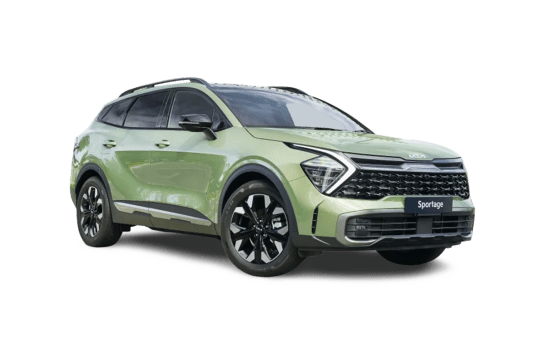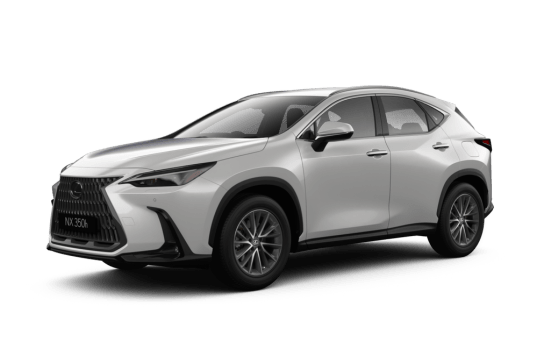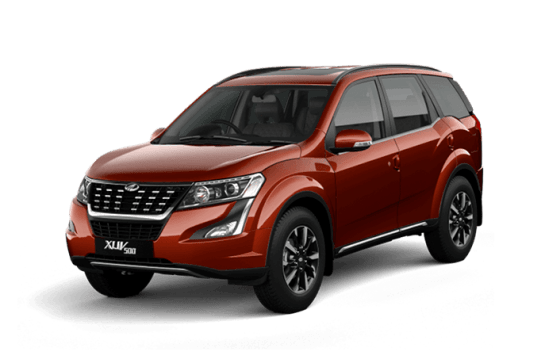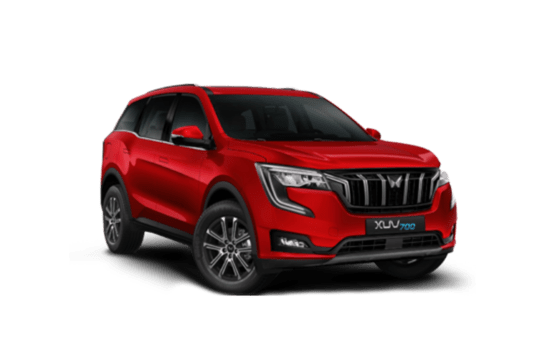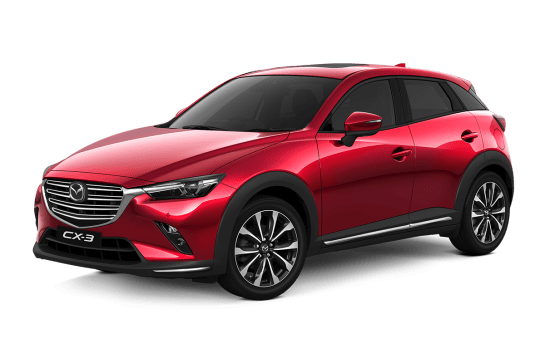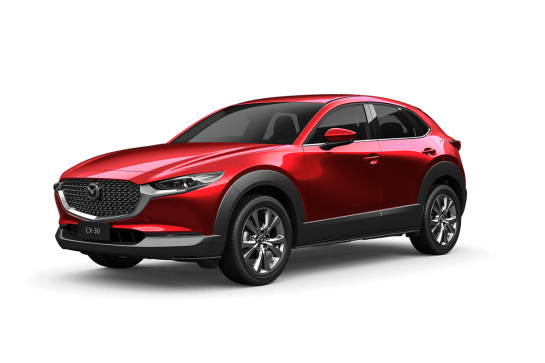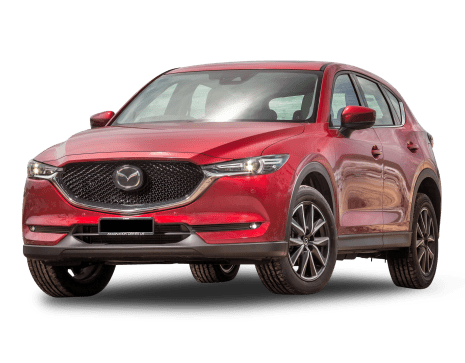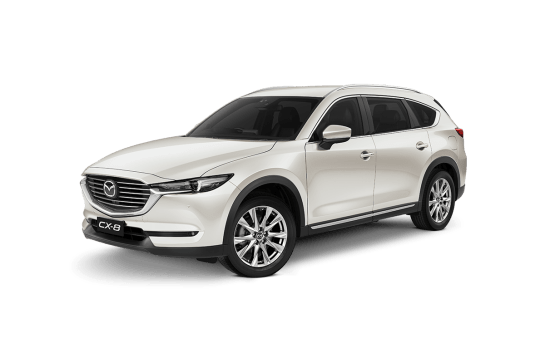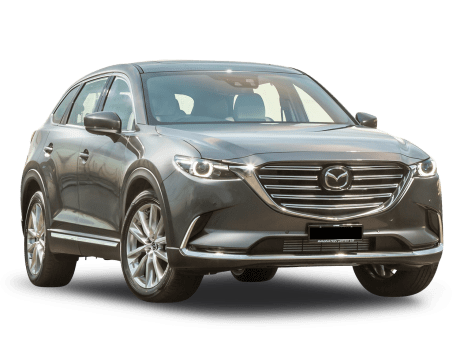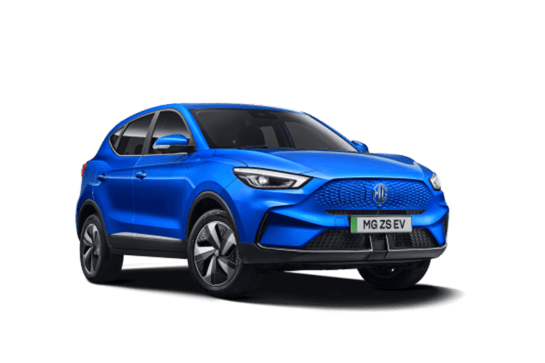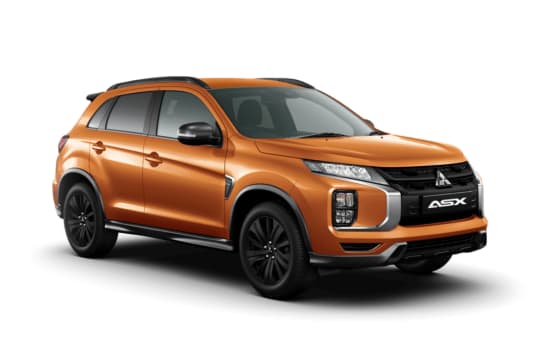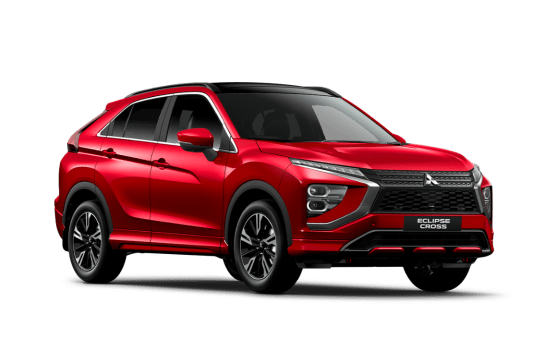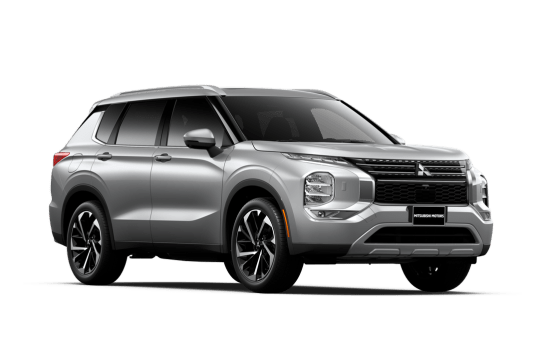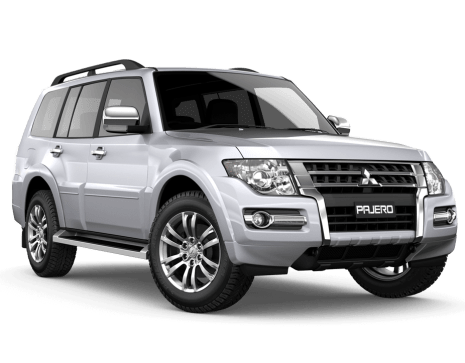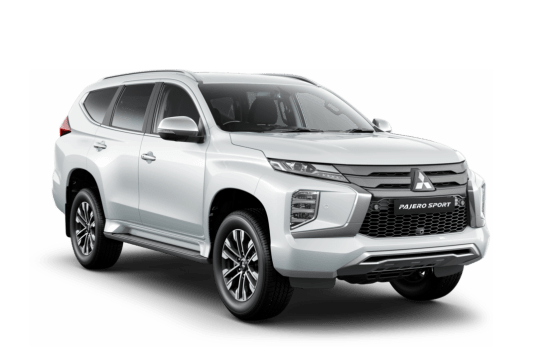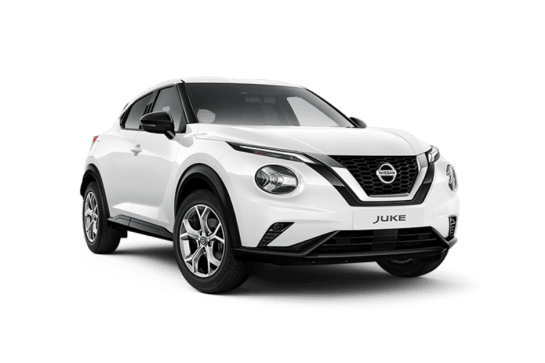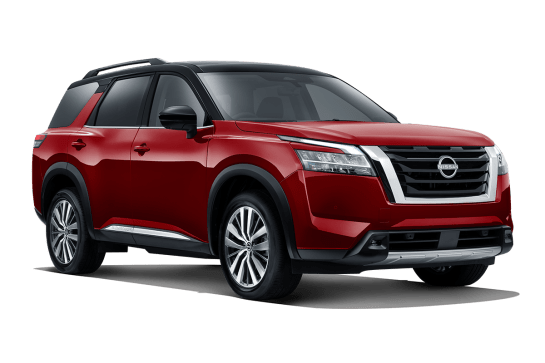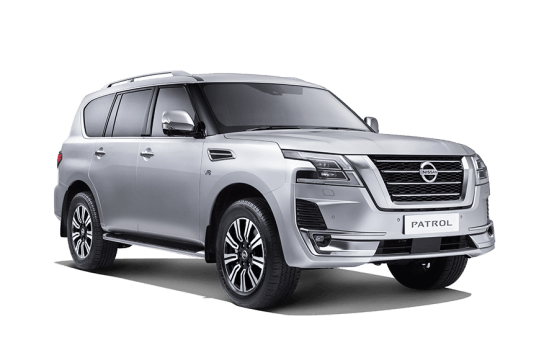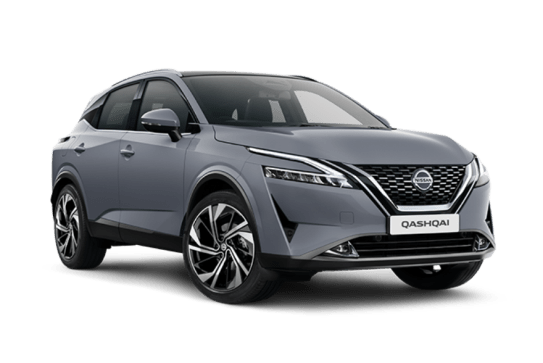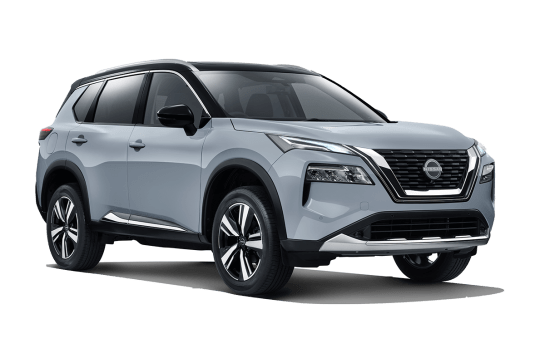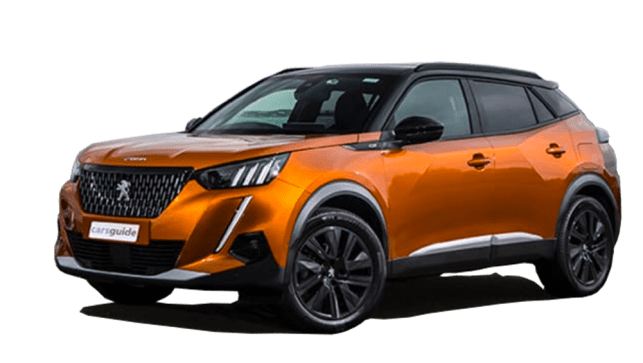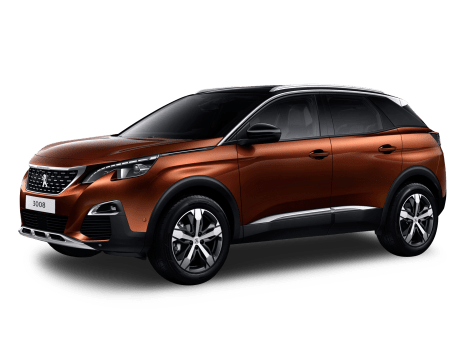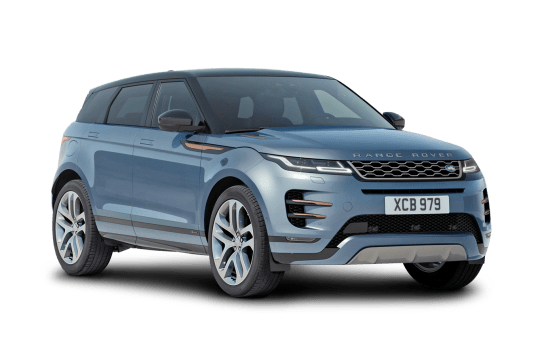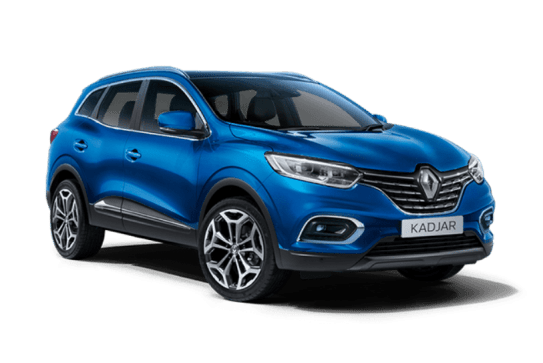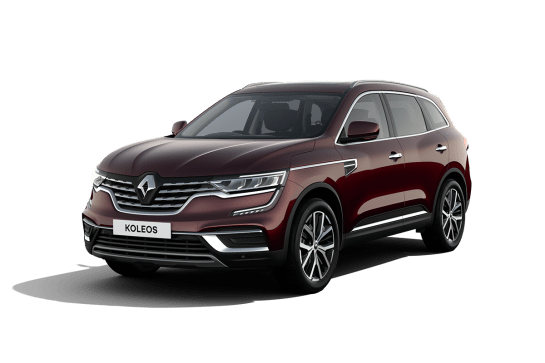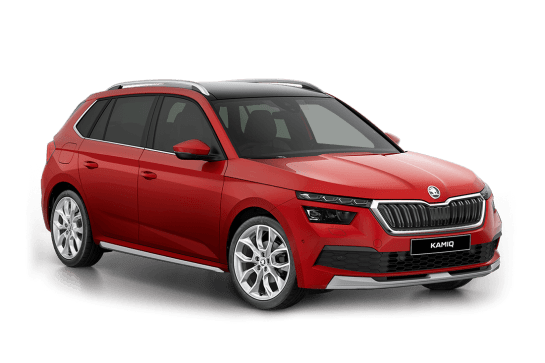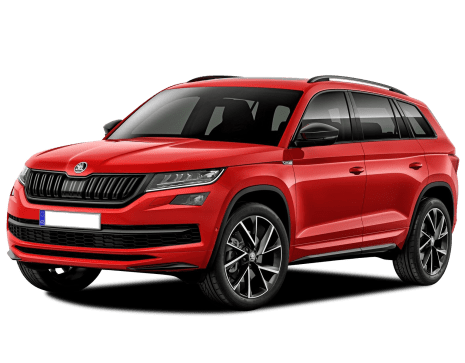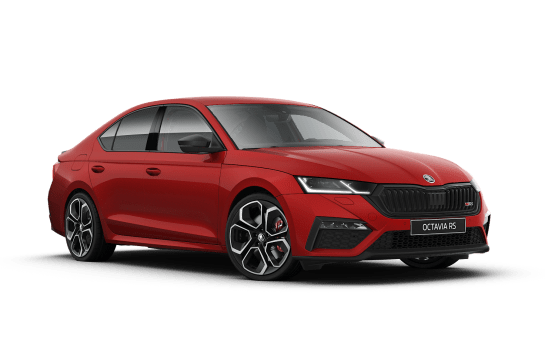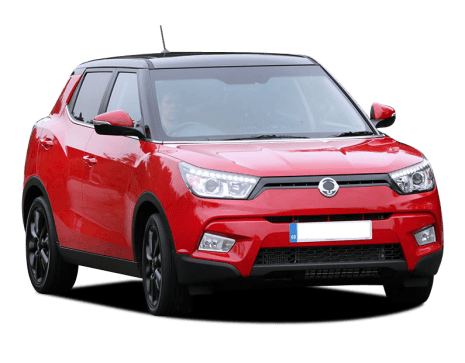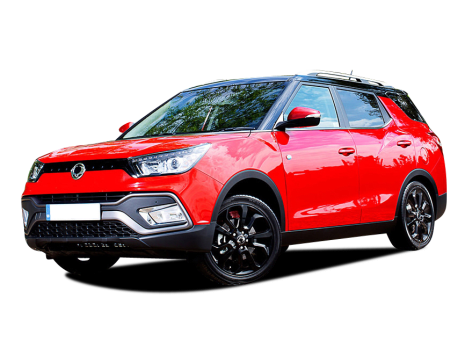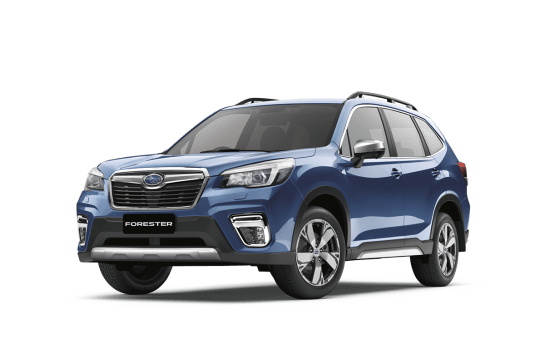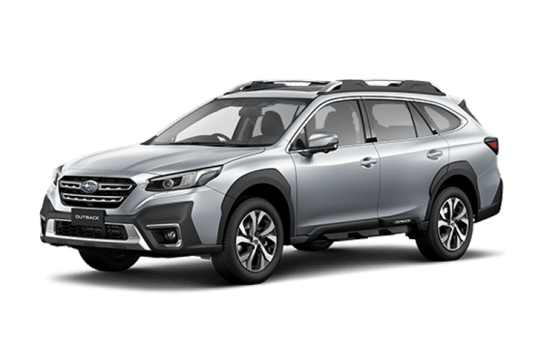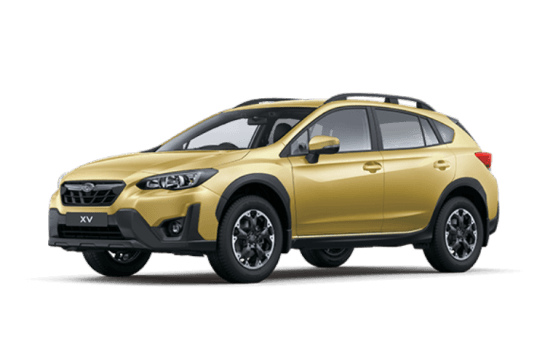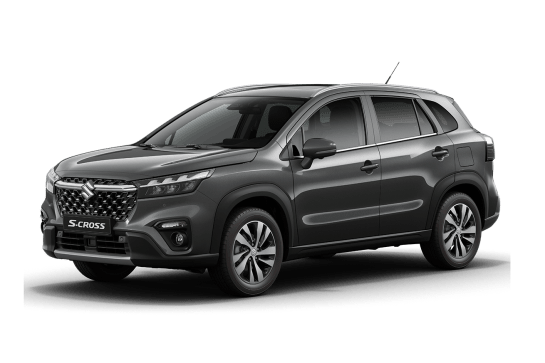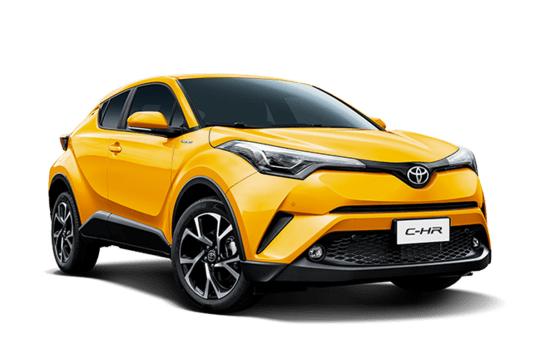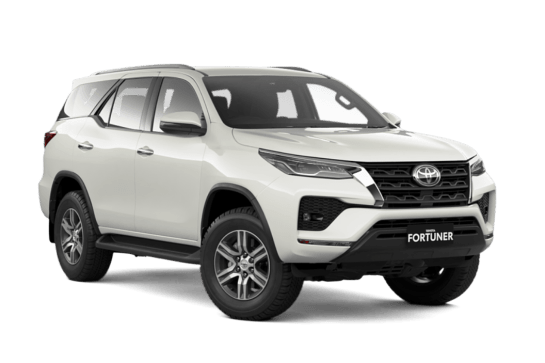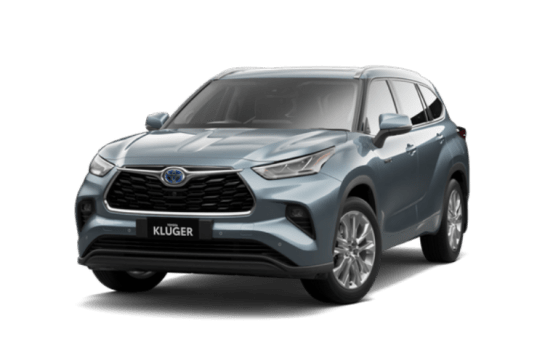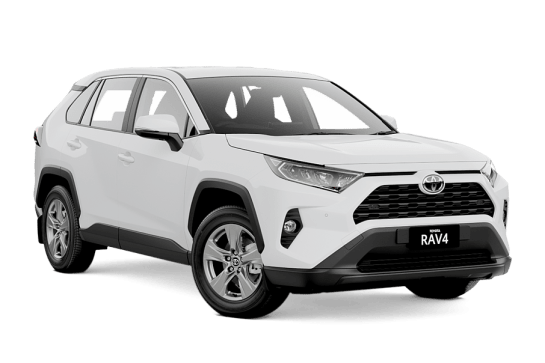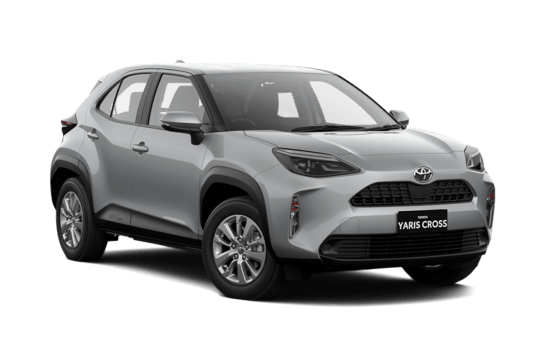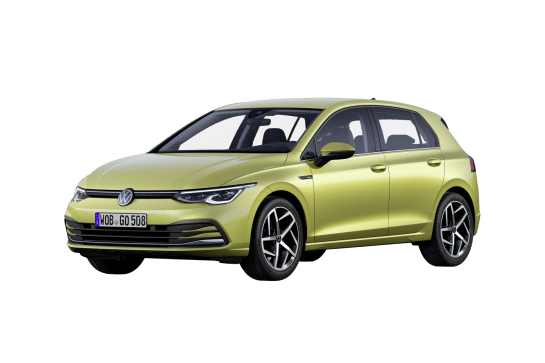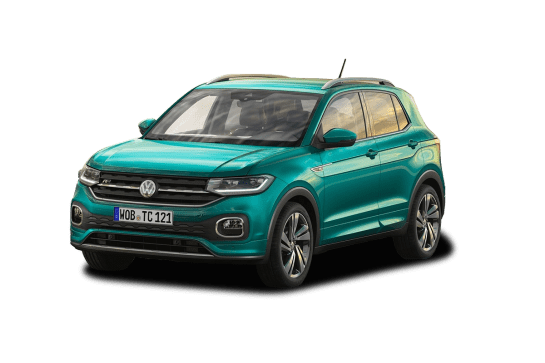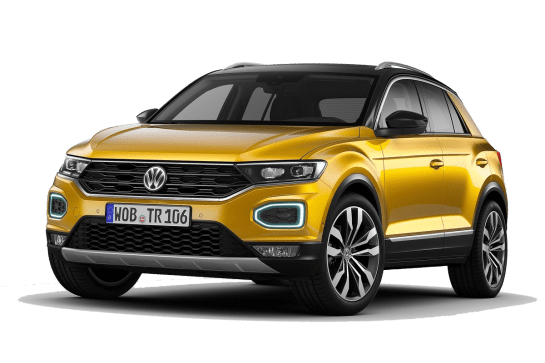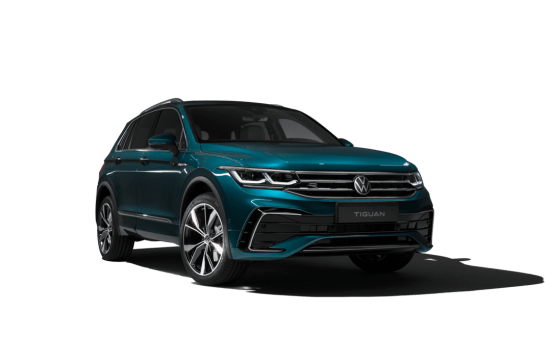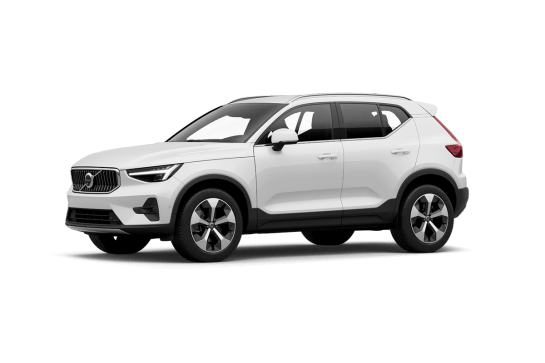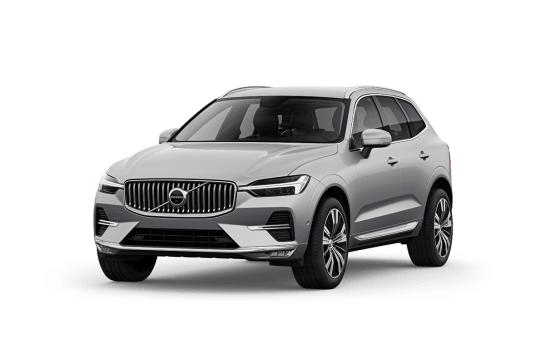
Mini Countryman VS Hyundai Tucson
Mini Countryman
Likes
- Cute styling inside and out
- Responsive engine
- Practical
Dislikes
- High urban fuel consumption
- Visibility restricted while driving
- No shifting paddles
Hyundai Tucson
Likes
- Lots of drivetrain options, no matter grade level
- Well-specified for grade
- Hybrid powertrain proves frugal
Dislikes
- Drive experience is mixed
- Higher price point than before
- Safety tech improved but still intrusive
Summary
Mini Countryman
The Countryman is Mini’s SUV and the new-generation model has grown in size making it the biggest Mini ever made. But even then it’s still a small SUV.
We’ve tested the Countryman S All4 in the Favoured grade to find out if it could be the ideal urban little SUV.
In this review we rate the Countryman S All4 Favoured for what it’s like to drive and how fuel efficient it is, how practical and spacious the cabin is for people and their stuff, check out the safety equipment, list its features and weigh up the value-for-money.
Read more about
- Mini Countryman 2024 review: Electric
- Mini confirms 2024 Aceman electric SUV for Australia: Pint-sized Chinese-built EV on the way as a premium alternative to BYD Atto 3 and MG4
- Why there will be no EV version of the 2025 Mini Cooper five-door, and how the Aceman electric SUV could become the brand's global top-seller
| Safety rating | — |
|---|---|
| Engine Type | 2.0L |
| Fuel Type | Pulp |
| Fuel Efficiency | 7.6L/100km |
| Seating | 5 seats |
Hyundai Tucson
For the first time in Australia, the mid-sized Hyundai Tucson is being offered with a hybrid powertrain – which combines its spritely turbo-powered engine with a fuel efficiency-improving electric motor. And it might be enough to swing you to becoming a hybrid fan.
The new powertrain makes the Tucson a proper competitor against Australia’s darling, the Toyota RAV4 but the Nissan X-Trail e-Power and Kia Sportage remain strong rivals.
This week I’m family-testing the mid-spec Elite Hybrid with the N Line option pack to see how the newly updated Tucson handles family life.
Read more about
- Hyundai stalking Toyota RAV4 with new Tucson Hybrid: "We're really bullish on the hybrid specification and bullish in terms of where Hyundai's heading in its hybrid roll-out"
- "We're running our own race": Hyundai Australia confident in product and strategy path in the face of increasing competition from Chinese newcomers like Geely, Smart, Skywell, Xpeng and Zeekr
- 'The industry's all about hybrid': Hyundai Australia boss confirms importance of new Tucson Hybrid in taking the fight to the Toyota RAV4 Hybrid, joining Kona, Santa Fe and i30 sedan hybrid models to challenge market leaders
| Safety rating | |
|---|---|
| Engine Type | 1.6L turbo |
| Fuel Type | — |
| Fuel Efficiency | 5.3L/100km |
| Seating | 5 seats |
Verdict
Mini Countryman8/10
The Mini Countryman S All4 Favoured is cute, practical, fun to drive, good value and has the latest safety tech. But its urban fuel consumption is high for a small SUV. If you are staying mainly in the city the electric Countryman might make this already excellent SUV just about perfect for you and your urban lifestyle.
Hyundai Tucson8.1/10
The updated Hyundai Tucson Elite Hybrid N Line offers families space, features and easy-enough handling for everyday stuff and the occasional weekend adventure pursuits.
The price point is higher than the previous non-hybrid model but you get a lot of bang for your buck and my family was comfortable this week.
Design
Mini Countryman
The Mini Countryman S Favoured’s design is so interesting it’s easier to make a list of things about it which aren’t interesting. The list: i) tyres, ii) windscreen wipers, iii) seat belts.
That’s pretty much it. I mean they’re interesting in that we can’t live without them but they're not cute like the headlights, pug-nosed bonnet, tiny windscreen and sad-faced grille.
Nor stunning like the cabin’s large central display. The first-ever circular OLED display in a car, by the way. And certainly not as intriguing as the way the interior door trim changes colour from the back to the front.
The Countryman S is all-wheel drive and Mini has given it a rugged look complete with All4 badging.
The Countryman S All4 comes in nine colours, ours is 'Smokey Green' and you can mix and match the colours with the roof and wing mirrors ('Vibrant Silver' on our car).
The test car's wheels are 20-inch alloy 'Windmill' design and although they aren’t the most intricate looking they're easy to clean.
Another interesting Countryman attribute is its size. This is the biggest Mini ever made at 4.44m long, 1.84m wide and 1.66m tall.
So, if you do decide to buy one be prepared for “not very mini, is it?” jokes delivered by unfunny people haunting petrol stations and shopping centre car parks.
Hyundai Tucson
The Hyundai Tucson has seen a minor facelift on the exterior but most of the changes are in the cabin.
The N Line pack means that you get 19-inch alloy wheels over the standard 18-inch version as well as extended body panelling instead of black plastic trims. There is N Line badging across the car too, but N Line option pack does limit you to just four exterior colour choices.
The front features new stacked LED DRLs which tie in with the fang-like design of the rear LEDs. The origami-styled panelling looks more severe than the previous model which helps it stand out in a class that’s heavy on rivals.
The cabin features a completely reconfigured dashboard and now sports a large curved display panel that houses those upgraded tech screens and a new 6.6-inch climate control panel.
The centre console has been redesigned to look like it’s floating and now adds an extra-large storage cubby underneath it.
The upgraded interior makes the Tucson a leader for the mid-sized SUV segment and is very pleasant to spend time in.
Practicality
Mini Countryman
The Countryman is Mini’s SUV and the brand has clearly attempted to make the interior feel rugged and practical with touches like hard wearing materials and grippy surfaces, plus clever storage.
There are big door pockets with moulded compartments, shelves under the dashboard, a covered area between the driver and front passenger and four cupholders.
There are plenty of power outlets, too, with four type-C USB ports, two 12V outlets and a wireless phone charger.
If you were wondering how roomy the Countryman is, don’t fear, there’s plenty of space up front even for me at 189cm with wide seats and good elbow room. Space in the back is excellent with plenty of legroom and headroom. All up there are five seats on board.
If you’re going to be using the rear doors for passengers a lot, take a look at the size of the opening. It’s small and getting in and out might be a problem for older and less flexible people.
As for cargo space the Countryman has a 505L boot with all seats upright.
The Countryman’s BMW X1 twin offers better practicality and space, but lacks the cute, quirky looks. Having lived with both cars it’s clear the X1 makes a better family car.
Something to keep in mind if you’re looking for better practicality for about the same price, size and performance.
Hyundai Tucson
The cabin up front is spacious with plenty of head- and legroom on offer. You also won’t jostle for elbow room either when you have a passenger.
The seats are comfortable with their heat function but you might still get fatigue on longer trips as you only get adjustable lumbar on the drivers side and it's simple at best.
The back seat has really good space for the class and no matter the passenger, they were comfortable back there. The seats in the rear are well-padded and access to this row is good for sliding in a child seat as the door aperture is wide.
Other amenities are average with directional air-vents, a single reading light, and a fold-down armrest. My seven-year-old son found the window sills to be quite high, so he didn’t get the view he wanted.
The individual storage is excellent for the class with the redesign as you get a dedicated storage shelf in front of the front passenger and a massive cubby that easily fits a handbag underneath the mid-sized centre console.
There are two cupholders and two drink bottle holders per row but the rear storage bins are skinny. The rear row also gets map pockets but again, these are shallow.
The upgraded technology is a must have and the new multimedia system is easy to use once you spend time with it and looks great with its graphics. The system has built-in satellite navigation, over-the-air updates and wireless connectivity for Apple CarPlay and Android Auto.
Connecting the CarPlay is simple and maintains a strong connection.
Charging options are great with two USB-C ports per row and the front also gets a wireless charging pad and a 12-volt socket to choose from. The centrally located position of the charging pad is handy and the liner grippy - so no phone movement.
Rounding out the practicality is the boot, which has a wide aperture and a loading space level with 582L of capacity available with all seats in use, which is good for the class.
The back row has a 60/40 split but don’t fold flat – they sort of spring up a bit, which might annoy when you do a big Bunnings run.
There is a 12-volt socket, a space-saver spare tyre underneath the floor and you get a powered tailgate in this model – which I always like.
Price and features
Mini Countryman
We have tested the Mini Countryman S All4 Favoured. In Mini-speak that means it sits in the middle of the Countryman line-up and it’s all-wheel drive. The list price is $61,990.
Coming standard are LED headlights, black roof rails, 20-inch alloy wheels, proximity unlocking, John Cooper Works seats, dual-zone climate control, heated power front seats, a heated sports steering wheel, a round OLED media display, a head-up display, sat nav, wireless Apple CarPlay and Android Auto, a 12-speaker Harman Kardon sound system and wireless phone charging. And by the way the interior colour which transitions from brown to blue is also standard on the Favoured.
The value is pretty good for what really is a prestige car and that means you’re comparing it to things like a Volvo XC40 and it’s not-so identical twin the BMW X1.
Hyundai Tucson
There are now six variants for the Hyundai Tucson with the release of the hybrid powertrain and all six have the choice of being either a front-wheel-drive or all-wheel drive with either the petrol engine or hybrid powertrain. And every grade gets the option of adding the N Line style pack. So, there is no excuse for not getting the combo you actually want now.
The model on test is the mid-spec Elite Hybrid with the N Line option pack and its priced from $55,100 before on-road costs. That positions it towards the top end of the market but you get an SUV that's more feature-heavy than most of its rivals.
The standard equipment for the upgraded Elite Hybrid N Line now includes dual 12.3-inch technology screens, wireless Apple CarPlay and Android Auto, as well as a 6.6-inch climate control touchpad.
Other equipment includes a powered driver’s seat, heated front seats, suede/leather upholstery, dual-zone climate control, wireless charging pad, digital radio, four USB-C ports, keyless entry, push-button start, space-saver spare wheel and a powered tailgate.
The Kia Sportage SX hybrid is more affordable at $45,950 MSRP but unlike the Elite Hybrid it misses out on wireless connectivity for phone charging and phone integration apps.
The Toyota RAV4 XSE AWD is priced from $52,585 MSRP but misses out on the newer and bigger technology screens that the upgraded Elite Hybrid has.
The Nissan X-Trail Ti 4WD e-Power is the closest rival in terms of price ($55,090 MSRP) and available features.
Under the bonnet
Mini Countryman
The Mini Countryman S has a 2.0-litre, four-cylinder, turbo-petrol engine making 150kW and 300Nm - the same one powering the BMW X1.
This is a more powerful engine than the three-cylinder found in entry-grade Countryman C, but doesn’t have the grunt of the more hardcore Countryman JCW that sits above it in the range.
A seven-speed dual-clutch automatic flips through gears quickly and smoothly. If only there were shifting paddles on the Countryman S so the driver could be a bit more involved.
As mentioned earlier the Countryman S is all-wheel drive which is great for extra traction but doesn’t make this little SUV a capable off-roader, so keep your adventures no wilder than dirt or gravel roads that aren’t too challenging.
Hyundai Tucson
The Elite Hybrid N Line model features a hybrid powertrain that combines an electric motor with a 1.6-litre four-cylinder turbo-petrol engine. They combine to produce 172kW of power and 367Nm of torque. Which is more than enough to make the mid-sized Tucson feel spirited.
This particular variant is AWD and uses a six-speed automatic transmission, which can over rev at times but is mostly smooth with its gear changes.
Efficiency
Mini Countryman
Mini says the Countryman S should use 7.6L/100km of premium unleaded petrol after a combination of open and urban roads, but also says if you’re driving is restricted to just the city consumption will jump to 9.9L/100km. Our own testing was mainly urban and we measured 11.2L/100km at the fuel pump.
Thanks to a 45-litre tank, driving range between fills is around 450km using the official consumption figure and just over 400km using our real-world average.
The relatively heavy fuel consumption is a weakness in the Countryman S’s urban suitability. The three-cylinder Countryman C is more fuel efficient but the electric Countryman E is a much better alternative and only costs about $5000 more than our test car.
Hyundai Tucson
The official combined cycle fuel consumption figure is a low 5.3L/100km, and my real-world usage came out at 6.0L after doing a lot of open-road driving where hybrids tend to be at their least efficient, so that is an excellent result.
The Tucson hybrid is the second best for fuel usage after the Toyota RAV4 hybrid, which sits at 4.8L/100km for combined usage. Overall, the new hybrid powertrain has proven itself to be pretty frugal.
Based on the official combined fuel cycle and 53L fuel tank, expect a theoretical driving range of up to 981km, which is great for a family road tripper.
Driving
Mini Countryman
The Mini Countryman S is a fun and comfortable car to drive with sporty handling. That 2.0-litre engine has plenty of oomph, the all-wheel drive offers flawless traction in rain and the transmission shifts decisively.
The drive mode list lets you flip through 'Experiences' using a switch under the media display. The Experiences range from 'Efficiency' for better fuel economy to 'Go Kart' which is a sport mode that shifts gears quicker or holds them to keep the engine in the most responsive rev range.
It would have been good if Mini gave the Countryman S Favourerd shifting paddles. I’m a fan of these, but they’re only available on the grade above.
If there is a downside it’s that visibility from the driver’s seat isn’t great and this comes down to the design of the vehicle which is undoubtedly cute but has small windows and blind spots caused by thick pillars. Even the All4 badge on the side of the car obstructs visibility through the window it’s fixed to.
The Countryman S isn’t tiny, either, at 4.44m long and 1.84m wide, and the visibility actually makes this small SUV feel larger than it is. You’ll get used to this as well. If you are concerned about the size, there are smaller Minis like the three-door which feels a lot more… mini.
Hyundai Tucson
The new hybrid powertrain offers respectable power delivery that makes the Tucson feel zippy in the city and a relaxed cruiser on the open road.
There can be some over-revving when you’re trying to get up to speed and the accelerator and brake feel touchy at first until you get used to them.
On the hybrid side of things the Elite Hybrid has regenerative braking and there are moments of pure EV mode but it kicks in seemingly when it feels like it. When it is on, there’s practically no engine noise but when it's off, the cabin still remains fairly quiet.
My family went off the paved stuff this week and hit muddy and gravel roads on our quest to find a cool picnic spot, and the Elite Hybrid impressed with how it handled the different terrains. It’s not an off-roader but you can still do mini adventures.
The Tucson is mid-sized and has a very clear reversing camera with front and rear parking sensors, so it’s not too hard to manoeuvre or park.
The real negative feedback is that on three separate occasions, our test car randomly shifted into neutral while driving and to clarify, this did not occur while trying to shift into or out of 'drive' but while on the road, already in drive.
The first time it happened, I thought I had somehow bumped the column shifter but on the other two occasions, I happened to be watching my husband drive and he didn’t touch the shifter.
This is probably just a fault on out test car and not indicative of the model in general but it wasn't fun.
Safety
Mini Countryman
The Mini Countryman S has yet to be assessed by ANCAP, but its BMW X1 twin scored the maximum five-star score in 2022 and we’d have no reason to suspect the Mini won’t achieve a high mark.
Coming standard is AEB, blind-spot warning, lane keeping assistance and rear cross-traffic alert with braking.
There are front airbags, curtain airbags covering both rows and a centre airbag between the driver and front passenger.
For child seats you’ll find two ISOFIX points and three top tether anchor mounts across the second row.
The lack of a spare tyre is disappointing but there is a puncture repair kit that’s easy to use.
Hyundai Tucson
FINALLY! Hyundai has listened to the people.
They have found a workaround for the annoyingly intrusive beeping alerts associated with the traffic sign recognition and speed alert tech. Yes, they still alert unless you turn them off and yes, you still have to turn the damn thing off every time you get in the car, but you not longer have to access five to six menu pages to do so. Hurrah.
The Hyundai Tucson Elite Hybrid N Line has a robust safety features list and includes equipment like blind spot monitoring, driver attention monitoring, safe exit warning, rear occupant alert, forward collision warning, LED daytime running lights, rear cross-traffic alert, lane keeping aid, traffic sign recognition, intelligent seatbelt warning, adaptive cruise control, a reversing camera, and front/rear parking sensors.
Our test model misses out on lane departure alert and the lane keeping aid is too intrusive for every day driving. It gets to the point where you wonder who is driving, you or the car.
The Hyundai Tucson has a maximum five-star ANCAP safety rating from testing done in 2021 and the hybrid variants are covered by this as well. It has seven airbags, including, the newer front centre airbag.
The Tucson has two ISOFIX child seat mounts and three top-tethers.
Auto emergency braking (AEB) is standard and features car, pedestrian, cyclist and junction assist detection which is operational from 5.0 – 80km/h (85km/h for car) but it's usual to see a higher top speed for the car detection (usually 180km/h).
Ownership
Mini Countryman
The Countryman is covered by Mini’s five-year, unlimited kilometre warranty. When it comes to servicing the car will let you know when it’s needed and although there’s no capped pricing servicing costs Mini does have a five-year/80,000km plan for $2275.
Hyundai Tucson
Hyundai offers the Tucson with a five-year/unlimited km warranty and the battery is covered by an eight-year/160,000km warranty which is pretty standard for the class now.
You can pre-purchase servicing for up to five years and the breakdowns are as follows.
Three years or up to 30,000km for $1240 (average $413 per service).
Four years or up to 40,000km for $1700 (average $425 per service).
Five years or up to 50,000km for $2040 (average $408 per service).
The five-year pricing is comparable to its rivals and not outrageous for the class.
Servicing intervals could get annoying if you put a lot of kilometres on your car as they sit at every 12 months or 10,000km, whichever occurs first.


